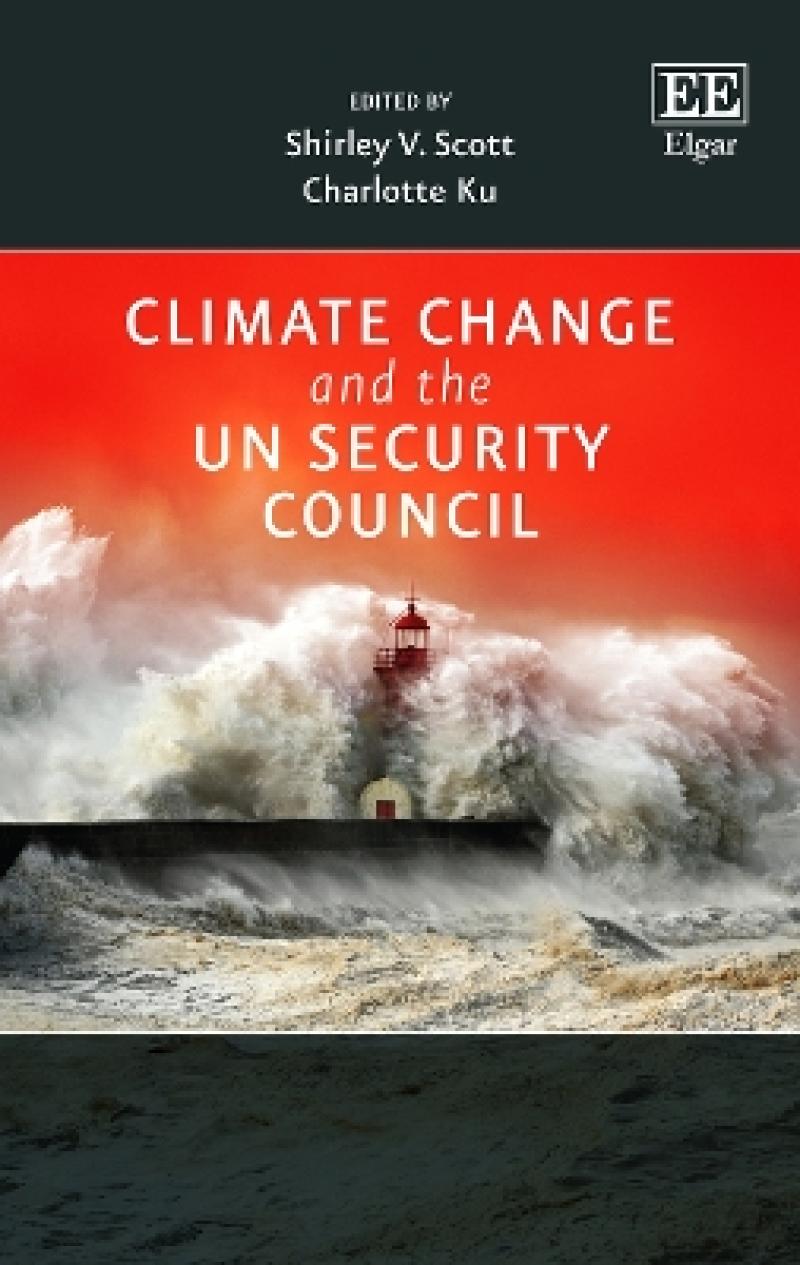<i>‘This book does much to shape understanding of the serious debates being had, and to be had, about global responses to climate change and is worthy of its place in any decent international law, international politics or climate change collection.’</i>
- Gary Wilson, Liverpool Law Review,
<i>‘In sum, the book is a remarkable contribution to the debate about the UN Security Council’s potential engagement in global climate governance. It demonstrates the legal authority of the Council, the range of available policy options in the area of climate change, and related legitimacy, representativeness, and effectiveness challenges.’</i>
- Lisa M. Dellmuth, Carbon & Climate Law Review,
<i>‘Shirley Scott and Charlotte Ku have assembled a team of longstanding UN observers, primarily from the fields of international law and international relations. The result is a useful and accessible portrait of the Security Council’s powers, tendencies and limitations.'</i>
- Nature Climate Change,
Specific tools considered include establishing an international court or tribunal, targeted sanctions, peace missions, and ‘legislation’. The starting assumption is that, given the futures projected by climate scientists and the responsibility of the Council for international peace and security, the Council will almost inevitably take its place as a key player in climate governance. Contributors therefore focus on the question of just how the Council will be able to most constructively contribute to effective climate governance and how it can begin to prepare for such a role.
This book will be of great value to scholars investigating the governance of climate change. For activists and government officials the book provides high quality research that can be drawn upon to give background to debate, and inform future policy.
